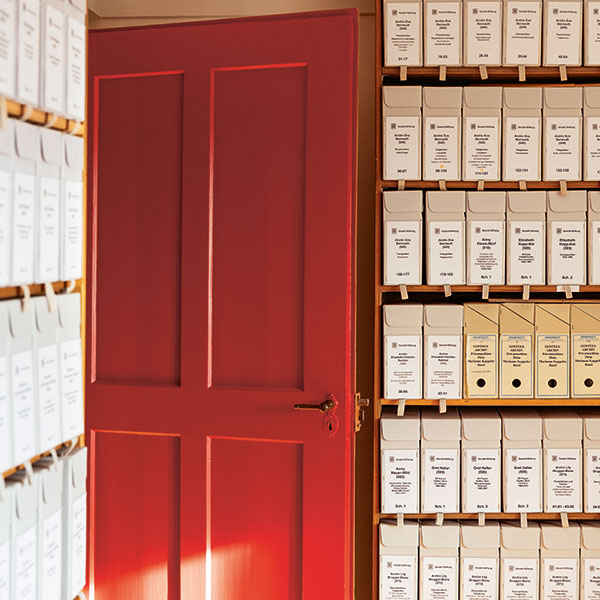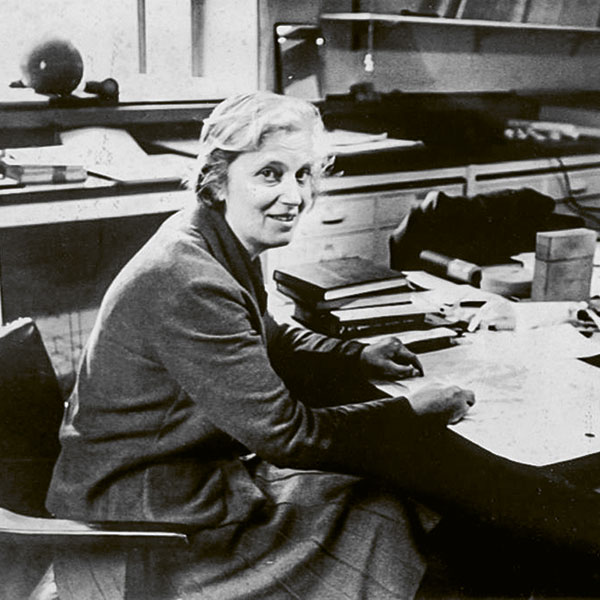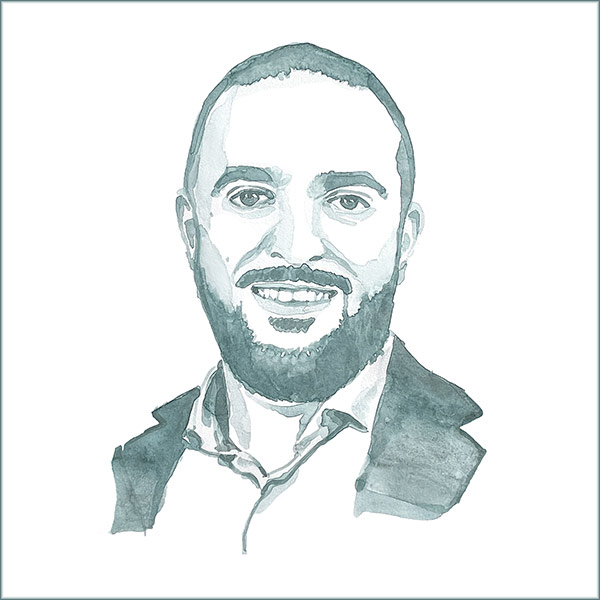Fascists were clueless about education
Swiss fascists of the 1930s and ’40s longed for a unitary, authoritarian state. To this end they also wanted to reform the school system – but had little clue as to how to go about it.

German expatriates in Switzerland, marching through the Letzigrund Stadium in Zurich in 1941. | Image: Stadtpolizei Zürich
Teachers were well represented in the ‘Nationale Front’, the Swiss fascist movement of the 1930s and early ’40s, especially in its leading organs. They dreamed of a homogenous ‘national community’, an authoritarian democracy and a corporatist economy. To achieve these goals, they also wanted to reform the school system. But a historical study has now shown that they lacked a clear vision of how to do this.
The Swiss fascists regarded the existing Swiss school system as having been infiltrated by supposedly communist, Jewish and liberal teachers. Teachers who did not share their opinions were accused of infecting pupils with ‘red poison’ and of fomenting spiritual anarchy. The fascists feared that the Swiss people’s ‘natural tendency’ to patriotism, obedience and Christian values was being undermined.
Anja Giudici from the University of Oxford and Thomas Ruoss of Leuven University have now investigated for the first-ever time just what the German-Swiss fascists actually said and wrote about the school education system. They sifted through their publications, along with reports by the police and the authorities who were monitoring the fascists. Despite their clear notions of what they wanted their ideal future society to look like, they were unclear and at cross purposes about whether schools should play a role in achieving that society, and if so, how.
They were unable to agree on the broad outlines of what a ‘new school’ would look like, or how to develop new course materials. Giudici and Ruoss write that this actually confirms findings from other European countries: the fascist right-wing of the interwar years had no clear vision about the kind of pedagogy, didactics or curricula necessary for schools to serve the purposes of an authoritarian, totalitarian society.




